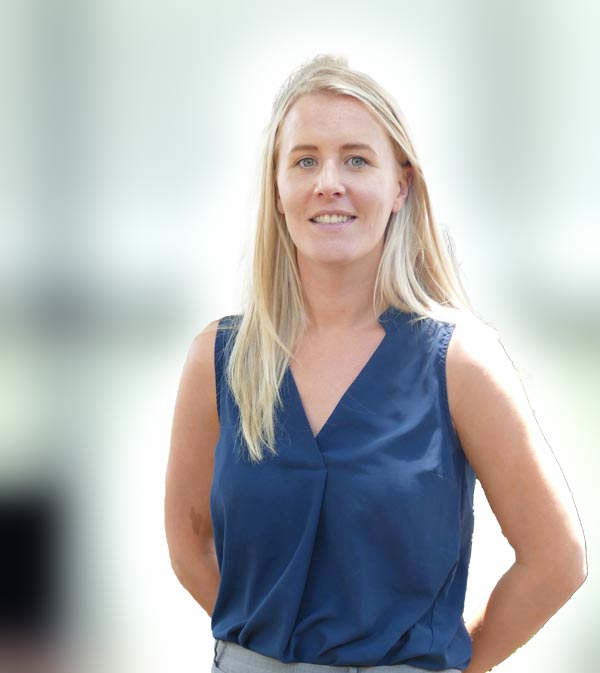2025 End of Financial Year Tax Planning Guide for Businesses and Individuals
As the 2025 End of Financial Year (EOFY) approaches, Holmans has prepared a comprehensive tax planning guide to help both business owners and individuals take proactive steps to improve their tax outcomes. From optimising deductions to ensuring compliance with ATO expectations, the time to act is now.
Whether you’re looking to manage business obligations or maximise personal tax efficiency, the following insights can help you prepare effectively before 30 June.
Business Tax Minimisation Strategies
- Finalise Trust Distribution Resolutions: Ensure your Trust Distribution Resolution (if applicable) is reviewed and signed before 30 June 2025. Your Holmans advisor will have already prepared this document for review.
- Pay Employee Superannuation Early: Superannuation must be paid and cleared before 30 June to be deductible this financial year. Payments made after this date are deferred to FY2026.
- Bring Forward Consumable Purchases: Stock up on consumables (e.g. stationery, office supplies) in June rather than July/August to claim the expense this year.
- Defer Income Where Appropriate: Consider delaying invoices or income where practical. If work hasn’t been completed until after 30 June, issuing invoices in July may defer taxable income to FY2026.
- Write-Off Bad Debts: Review outstanding receivables and write off any unrecoverable debts prior to 30 June.
- Prepay Business Expenses: Small business entities can prepay eligible expenses up to 12 months ahead (e.g. insurance, subscriptions) and claim them this year.
- Instant Asset Write-Off: Small businesses (with aggregated turnover < $10M) can claim an immediate deduction for eligible assets under $20,000 if the asset is installed and ready for use by 30 June 2025.
- Depreciating Assets: Ensure any larger capital purchases are functional by year-end to commence depreciation claims in FY2025.
ATO Target Areas for 2025
The ATO continues to increase data matching and expects proper substantiation of claims. Key areas of focus include:
- Motor vehicle logbooks distinguishing business vs private use
- Receipts and supporting documentation for all deductible items
- Proof of travel and meal expenses (even if receiving allowances)
- Diaries for home office and mobile phone usage
Other Business Considerations
- Interest on ATO Debts: From 1 July 2025, interest on ATO debts will no longer be tax deductible. Consider addressing these balances now.
- Payroll Increases: Effective 1 July 2025:
- Minimum wage increases by 3.5%
- Super Guarantee rises to 12%
Ensure your payroll systems and cashflow projections reflect this.
- Electric Vehicle Tax Benefits: Eligible EVs provided to employees can be exempt from Fringe Benefits Tax (FBT). This offers significant savings for businesses.
- Temporary Full Expensing (TFE) Transition: Previously fully expensed assets will now generate assessable income when sold. Plan replacement purchases and tax exposure accordingly.
- Stocktake and Obsolete Inventory: Complete a detailed stocktake by 30 June. Write off any obsolete or worthless items to claim a deduction.
Personal Tax Tips for 2025
- Home Office Deductions:
- Revised fixed rate: $0.70/hr (covers electricity, internet, phone)
- Actual cost method: requires full receipts and diary of usage
- Motor Vehicle Deductions:
- Logbook method (12-week logbook + receipts)
- Cents-per-kilometre (up to 5,000km at $0.88/km with a reasonable basis)
- Work-Related Expenses: Keep receipts for uniforms, tools, training, union fees, and memberships. These may be deductible.
- Income Protection Insurance: Premiums on income protection policies held in your name may be deductible.
Investment Property Strategies
- Prepay Investment Expenses: Consider prepaying up to 12 months of:
- Interest (if allowed by lender)
- Insurance
- Maintenance
- Management fees
- Delay Income or Asset Sales: Where possible, consider deferring income or capital gains events until after 30 June.
- Depreciation Reports: A Quantity Surveyor report can unlock significant depreciation claims, especially for newly acquired or improved properties.
Superannuation Opportunities
- Personal Contributions: The concessional contributions cap for FY2025 is $30,000. Review your total employer and personal contributions, and consider topping up before 30 June if you’re under the cap.
- Spouse Contributions: Claim a tax offset of up to $540 by contributing to your spouse’s super (eligibility applies if their income is below $40,000).
- Government Co-Contribution: If your income is under $60,400 and you make a non-concessional contribution of $1,000, you may receive a government contribution of up to $500.
- Carried Forward Contributions: If your super balance is under $500,000, you may carry forward unused concessional cap amounts from the past five years. The unused 2019-20 cap expires 30 June 2025.
- Division 293 Tax for High-Income Earners: Earnings over $250,000 may attract an additional 15% tax on concessional contributions.
Final Word
The lead-up to 30 June presents important opportunities to optimise your financial position. Holmans is here to support both business clients and individuals with proactive advice and tailored tax strategies.
Download the 2025 Personal Tax Tips PDF and contact your Holmans advisor early to implement any changes before the deadline.
Disclaimer: This article contains general information only. Regrettably, no responsibility can be accepted for errors, omissions or possible misleading statements or for any action taken as a result of any material in this guide. It is not designed to be a substitute for professional advice, as such a brief guide cannot hope to cover all circumstances and conditions applying to the law as it relates to these items.
RECENT NEWS
CATEGORIES
AUTHOR

Need assistance and want to know more?
Contact Holmans today;
Holmans Noosa: (07) 5430 7600 or email info@holmans.com.au
Holmans Maroochydore: (07) 5451 6888 or email infohm@holmans.com.au



